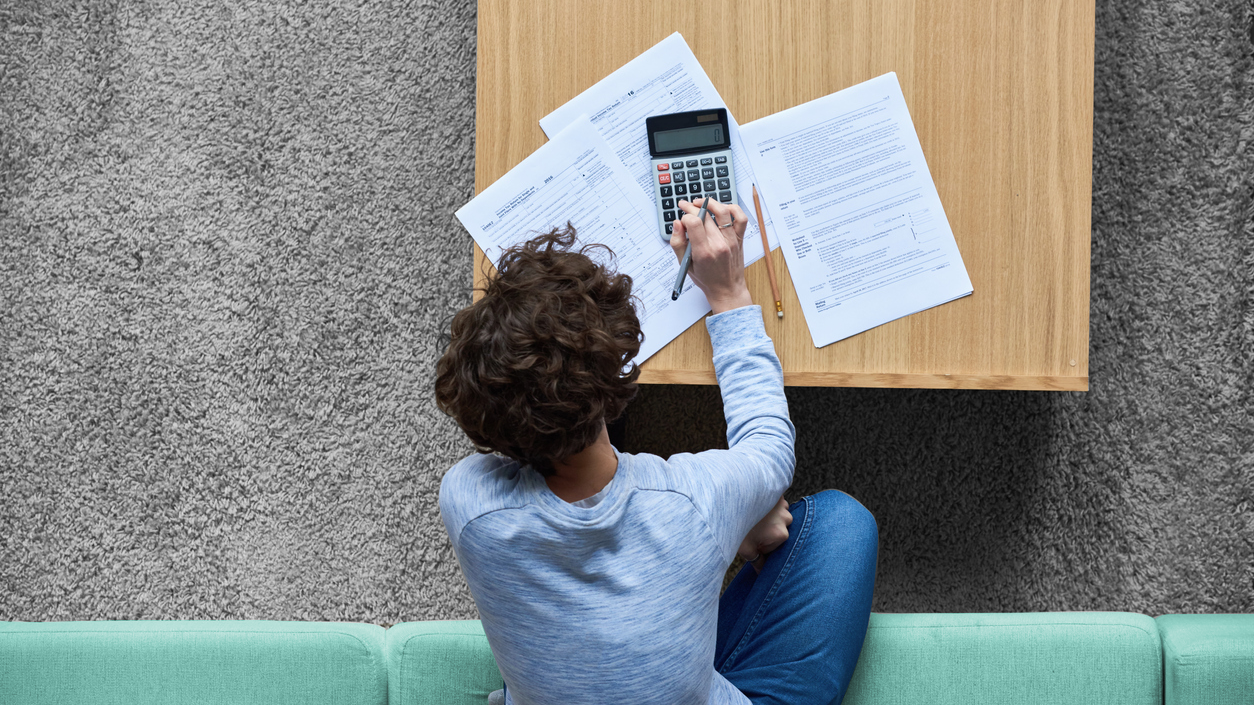Filing your taxes in 2021 might seem like eons away given the current COVID-19 crisis. But remember, a side-effect of this global pandemic is going to be your 2020 tax year and it’s important for you to have the information now so you can be ready later.
To help you navigate through the changes to income tax filing and payment dates, and better understand how relief benefits like the CERB will be taxed as income, we’ve put together this short guide to understanding how COVID-19 has affected your 2020 tax year.
Changes to income tax filing and payment dates
To help alleviate some financial stress, the Canadian Revenue Agency announced that they’ve delayed income tax filing and payment dates for individuals, businesses, and organizations (non-profits, trusts, etc) for the 2019 tax year. So, how long have these dates been delayed? Here’s a breakdown of new deadlines:
Individual income tax deadlines
- Individuals can now file their 2019 income tax by June 1, 2020 (Previously April 30th)
- Individuals can now pay any income tax owing by September 1, 2020 (Previously June 15th
Business income tax deadlines
- Businesses can now file their 2019 income tax by June 1, 2020 (Previously April 30th)
- Businesses can now pay any income tax owing by September 1, 2020 (Previously June 15th)
For a full list of amended tax deadlines for the 2019 year, visit the Government of Canada’s website.
Has COVID-19 affected the 2020 tax year?
The short answer is: yes. At least for anyone that has collected any CERB payments. As stated at the bottom of the CERB page of the government’s website,
“These [CERB] benefits are taxable. You will need to report any payments received on next year’s tax filing. An information slip will be made available for the 2020 tax year in My Account under Tax Information Slips (T4 and more).”
How come I have to pay income tax on the CERB?
The CERB payment is being treated as any other form of income, just like employment income (the paycheques you receive from your job) or income accrued from investments in GICs. As a Canadian, you’re expected to pay taxes on all forms of income, and the CERB payment is no different.
How much tax will I have to pay on the CERB?
The short answer: The amount of tax you’ll owe will depend on your total income for the 2020 tax year.
The long answer: Individuals pay taxes on something called graduated rates. This means that tax rates get higher, the more income an individual makes. To determine how much tax you’ll be paying on your CERB, you first have to estimate what your 2020 income will be. A good starting point is taking the total income you made from January – mid-March (when COVID-19 was declared a global pandemic). Once you have that number, add it to the income you’ll collect from the CERB (up to $8,000). Once you have your number for your combined 2020 income, plug it into an online tax calculator to find out your (the percentage of your income that you pay taxes on). Then when you have the percent, you can apply it to your estimated 2020 income to get a rough idea of how much tax you’ll owe for the 2020 tax year.
Will there be further changes to the 2020 tax year?
The short answer is: we don’t know. Much like everything else to do with COVID-19, regulations, relief, and subsequent effects on the tax year shift as the government and the economy adapt to the ever-changing climate of this crisis. The best thing you can do to stay up-to-date is by monitoring the Federal Government’s website and keeping an eye out for updates to their CRA COVID-19 page.
If you’re concerned about how your 2020 income tax could affect your budget or long-term savings plans, book an appointment with one of our experts today. Let’s chat.



